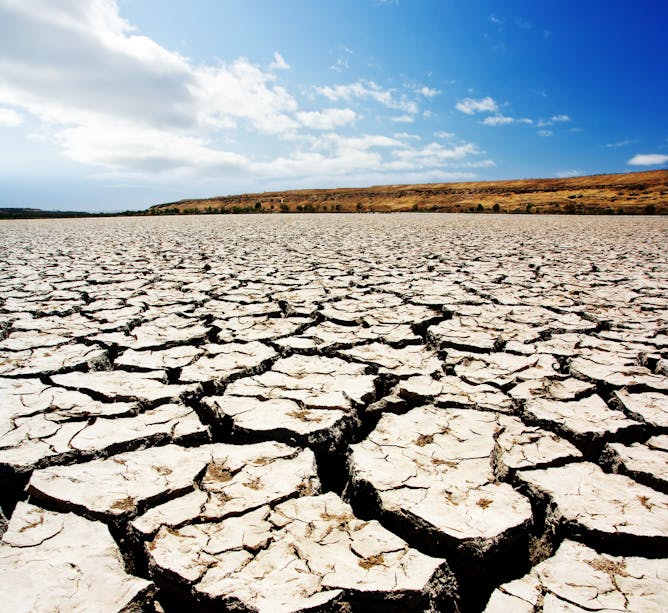|
Social media is often a virtual fantasyland. You’ve seen the Instagram posts of people with exotic cars or staying at a luxurious resort. How do those posts make you feel? Today in The Conversation Canada, Eleftherios Soleas and Jen McConnel of Queen’s University say research has found social media users who compare themselves to people living a more glamorous lifestyle can lead to confidence problems and other bad feelings.
We’ve got two stories related to climate change: Robert Lennox and Steven Cooke of Carleton University look at the impact that droughts are having on freshwater fish; Korey Pasch of Queen’s University notes the U.S. Department of Defence has identified climate change as a “threat multiplier” for weather-related disasters – even while Donald Trump has pondered about building his border wall with funds
intended for disasters.
And finally…I’ll be in Ottawa today for an important media initiative. Simon Fraser University and Informed Opinions are launching the Gender Gap Tracker, which analyzes the gender breakdown of people quoted in mainstream media. Maite Taboada and Fatemeh Torabi Asr of SFU explain how the Gender Gap Tracker’s software works and why measuring things like this can lead to important social change.
Regards,
|

Sometimes faking it on Instagram is just fine.
Bruno Gomiero/ Unsplash
Eleftherios Soleas, Queen's University, Ontario; Jen McConnel, Queen's University, Ontario
Consuming too much social media when users end up comparing their lives to others more glamorous can leave one with bad feelings say researchers. But pretending or fantasizing is not all bad either.
|

A dry river bed in south Australia.
(Shutterstock)
Robert Lennox, Carleton University; Steven J Cooke, Carleton University
Freshwater fish are suffering as drought becomes more common and severe. Whether they survive will depend on how governments manage rivers and lakes, and on taking action against climate change.
|

U.S. President Donald Trump is seen visiting the California town of Paradise that was devastated by forest fires. Trump has threatened to use funds allocated for disaster relief to pay for his border wall.
(AP Photo/Evan Vucci)
Korey Pasch, Queen's University, Ontario
Donald Trump has threatened to use funds allocated for disaster relief to fund his border wall. It's time to rethink how we frame disasters to stop politicians from using them for political gain.
|

The Gender Tracker Tool is used to see how well Canadian media is representing women’s voices. This stock photo depicts an example of journalists interviewing a female source.
Shutterstock
Maite Taboada, Simon Fraser University; Fatemeh Torabi Asr, Simon Fraser University
The Gender Gap Tracker uses computational linguistics techniques to analyze how women are mentioned and quoted in Canadian media.
|

Une nouvelle étude révèle que des niveaux élevés de temps d’écran à deux et trois ans prédisent de moins bons résultats chez l’enfant à trois et cinq ans, respectivement.
Shutterstock
Dillon Thomas Browne, University of Waterloo; Nicole Racine, University of Calgary; Sheri Madigan, University of Calgary
Une nouvelle étude révèle que des niveaux élevés de temps d’écran à deux et trois ans prédisent de moins bons résultats chez l’enfant à trois et cinq ans, respectivement.
|
Science + Technology
|
-
Sukhmani Mantel, Rhodes University; Stephanie Januchowski-Hartley, Swansea University
Maps can show "the big picture" to lots and lots of people in an engaging and colourful way.
|
|
Business + Economy
|
-
Stefan Stern, City, University of London
Research shows that job interviews are a seriously flawed way of finding out how a potential employee might perform in the future.
|
|
Culture + Society
|
-
Ayona Datta, King's College London
Selfies document women's struggles and accomplishments, as they step out from their traditional roles in the home, into the male-dominated public realm of the city.
|
|